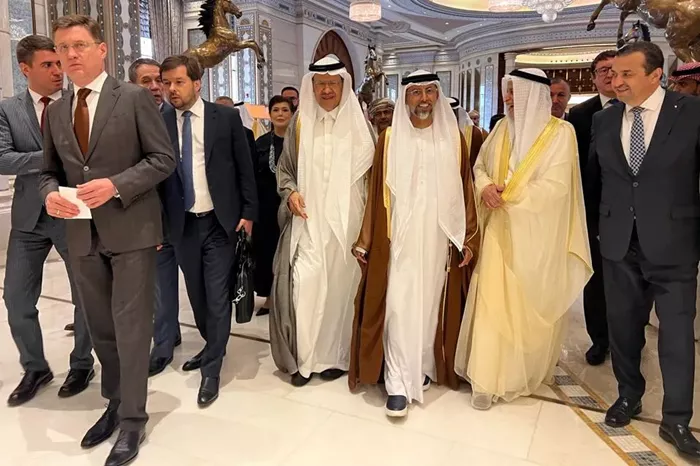A month before OPEC+ is scheduled to announce its decision on the potential easing of oil production cuts, speculation about the group’s output policy is intensifying. Recent indications from OPEC+ sources suggest that the planned reduction in cuts could proceed as scheduled in October, leading to a further decline in oil prices below $80 per barrel on Friday. This drop reflects market apprehension over increased supply amid wavering demand, particularly from China, the world’s largest oil importer.
Brent crude oil prices have fallen to $74 per barrel as of Tuesday, creating financial strain for many OPEC+ members who require prices between $80 and $90 per barrel to balance their budgets. While weaker demand and prices below $80 typically prompt the alliance to reconsider easing cuts, OPEC+—notably Saudi Arabia’s Energy Minister Abdulaziz bin Salman—is known for its unexpected policy moves aimed at either surprising traders or asserting control over the market.
Recent market reports suggest OPEC+ might still implement its June plan to restore 180,000 barrels per day (bpd) of production in October despite current demand softness. Analysts debate whether the alliance is prepared to accept short-term revenue losses to stimulate future demand or disrupt U.S. producers by driving prices lower.
Global oil demand is currently underwhelming, with China’s consumption falling short of expectations and concerns about slower U.S. and European economies affecting market sentiment. OPEC has recently downgraded its 2024 demand growth forecast to 2.11 million bpd from 2.25 million bpd, reflecting lower-than-expected consumption data and subdued Chinese demand growth.
Investment banks have adjusted their oil price forecasts downward, with Morgan Stanley predicting market stabilization by late 2024 and Goldman Sachs lowering its Brent price range to $70-$85 per barrel. Increased U.S. supply and potential OPEC+ actions could further influence market dynamics, with analysts noting that oil prices may significantly undershoot if OPEC+ takes measures to discipline non-OPEC supply or if economic downturns reduce demand.
Related topic:

